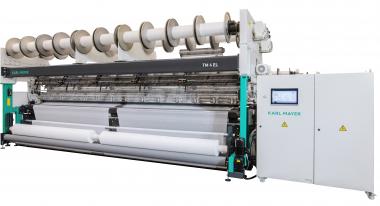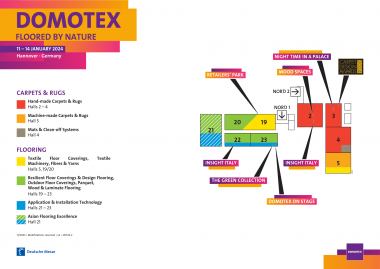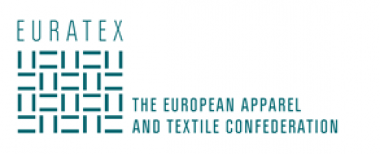Stefano Pigozzi: New member at Board of Directors of Radici Partecipazioni SpA
RadiciGroup announced the appointment of Stefano Pigozzi to the Board of Directors of Radici Partecipazioni SpA, the parent company overseeing all the Group's business activities in the chemicals, engineering polymers and advanced textile solutions sectors.
A professional with proven experience in the chemical industry, Mr. Pigozzi will complement the Board with his strategic vision acquired in international organizations.
Stefano Pigozzi graduated from the University of St. Gallen in Switzerland with a degree in Business Administration and started his work experience in the finance division of BASF in the late 1980s. Since then, chemistry has remained at the centre of his career: over the years, he has held marketing and sales positions of increasing responsibility in various business sectors (plastics and inorganics), moving up to more strategic and managerial roles within BASF, including president of the Monomers Division and, most recently, head of the Group Global Purchasing Division at the Ludwigshafen headquarters.
During his more than 30-year career at BASF, Mr. Pigozzi has consistently demonstrated his leadership capability, his financial analysis skills and his dedication to corporate business success. He has also contributed significantly to the positioning of BASF as a global leader in the chemical industry.
Mr. Pigozzi’s appointment to the Board of Directors of Radici Partecipazioni is aimed at strengthening RadiciGroup's presence in the market and helping to guide the company towards new goals.
RadiciGroup






























